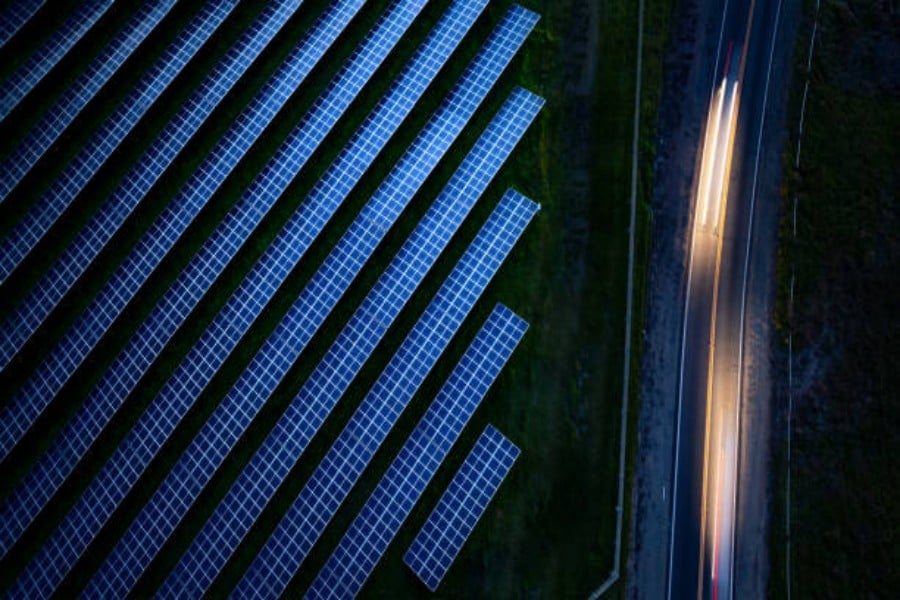Unleashing the Potential of a flexible solar system
When it comes to solar power systems, flexibility is key. A flexible solar system enables users to deploy panels in various configurations, regardless of the shape and size of the installation site. Here are some of the benefits of using a flexible solar system:
Easy Installation and Maintenance
A flexible solar system is designed to be easier to install than conventional solar panels. Due to the lightweight and thin nature of these systems, they can be easily transported, which leads to lower transportation and installation costs. Additionally, maintenance is much simpler with flexible solar systems. As a result, there is no need for specialized workers to maintain these systems, thus further reducing costs.
Fits Any Surface
Unlike rigid solar panels, flexible solar systems can be applied to virtually any surface. This versatility allows them to fit into any design scheme, whether it is a curved surface, a flat roof, or an uneven terrain. This adaptability factor will come in handy especially when you are dealing with buildings that are subject to continuous movements such as boats, RVs, or even space stations.
More Efficiency
The ability to optimize the angle and orientation of the panels can greatly improve the efficiency of your solar system. With a flexible solar system, this optimization is made easier since panels can be mounted in various ways. Additionally, with better efficiency, homeowners can save on electricity bills in the long run.
Long-Lasting and Durable
A flexible solar system is designed to last long-term. These systems can offer a lifespan up to 25 years, thanks in part to the high-quality materials used. Moreover, flexible solar panels can be installed with waterproofing coatings, keeping them safe from weather and environmental damages.
Cost-Effective
A flexible solar system can prove to be a more cost-effective solution than a rigid one. Due to their light weight, you'll need fewer components for your installation, thus reducing material costs. And the use of flexible solar systems can eventually lead to cost savings in energy bills as well.
Can Be Portable
Flexible solar panels can also be installed in a portable system. This makes them excellent for those who are always on the go or are residing in areas without access to basic energy needs. Also, portable solar systems provide a reliable backup power source to any outdoor or indoor events, in case of power outages.
Good for the Environment
Using a flexible solar system can bring a significant reduction in your carbon footprint. These systems are designed to harness the power of the sun and turn it into usable electricity, which reduces the need for power generation from fossil fuels. Furthermore, with the ability to leverage direct sunlight, flexible solar systems can minimize energy wastage.
Easy to Upgrade
Flexible solar systems can easily be upgraded, thanks to the modular design they come with. This means you can always add new panels or change out old ones as your power needs increase or decrease.
A Wider Variety of Uses
Flexible solar systems are not only perfect for homes and commercial buildings but can also be used in many outdoor recreational activities, like camping, boating, and RV life. They can also provide mobile energy to devices such as smartphones and laptops, keeping users charged up on the go.
Conclusion
From their simple and cost-effective installation to environmental and durability benefits, flexible solar systems can be a great alternative to conventional solar panels. As the world moves towards cleaner energy and sustainable solutions, it’s evident that flexible solar systems are here to stay, bringing unrivaled flexibility and convenience.

